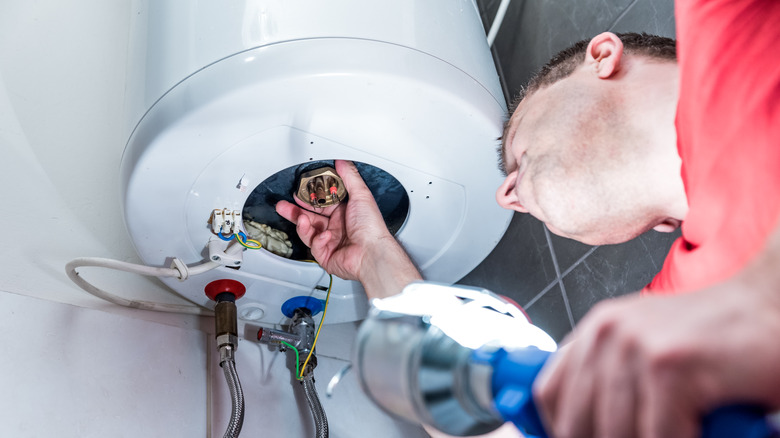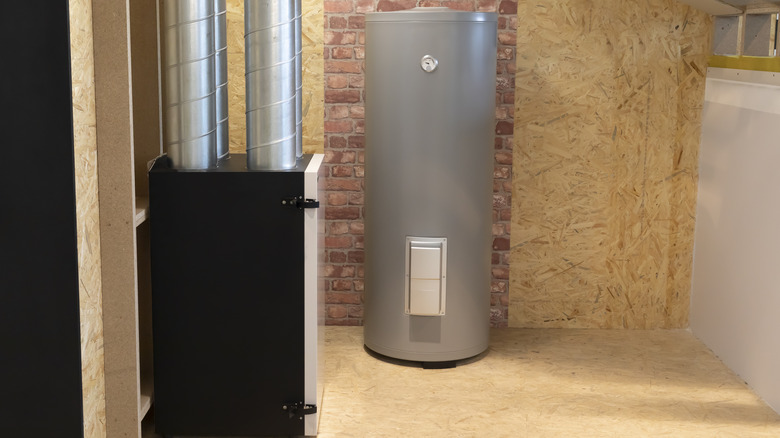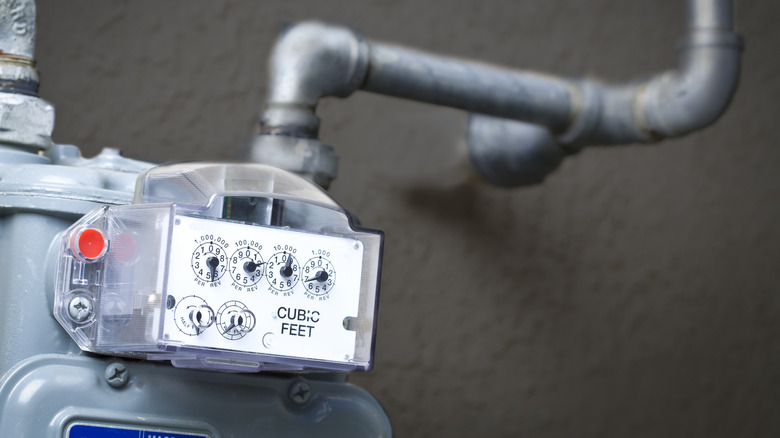Can An Electric Water Heater Save You Money Or Will It Cost More?
Whether you're building a new house, moving into an old house, or upgrading your existing home, choosing a water heater is a critical decision that will affect not only the comfort of you and your family but your monthly expenses as well. Like other household utilities, hot water is something we have come to expect. When we take a shower or turn on the dishwasher, we don't want to have to think about hot water; we want it to just be there. Most people will pay significantly more for hot water they don't have to worry about. Dependable performance is key.
The way to get this reliability is to carefully consider your situation and do some research before making your decision. You will need to think about the number of people living in your home, the climate in your region, and your local utility rates — where they are now and where they are likely to go over the life of your new heater.
Up-front costs
In an apples-to-apples comparison of models with the same size tank, an electric water heater will have a lower purchase price than a gas heater. This is not a cut-and-dry decision, though, because the price range for either type can run from a few hundred to a couple of thousand dollars, depending on the size, quality, features, and even the maker's reputation. Then there are tankless models, which heat water on the fly as it is demanded. This type of water heater costs far more to purchase (twice as much or more) and offers diminished capacity, making it a poor choice for large households. It also costs more to install and repair. They seem to work best in an office where dishwashing and bathing won't be part of its workload. Its only claim to fame is that a tankless water heater will last twice as long as a tank model.
Installation costs could favor electric or gas, depending on what power sources are already in place. If your home is set up for 240-volt electricity, installing an electric water heater will be relatively simple. The same goes for an existing gas line. As soon as you make a change requiring a new gas or electric line to be run, you will have to think about the labor costs of doing so, which will be very specific to your region.
Running costs
Despite their higher price and inefficiency, gas heaters are cheaper to run in most regions over the heater's life because natural gas costs less than electricity in most places. Gas can sometimes cost only one-third of the equivalent amount of electricity. Over a 10-year lifespan, that would more than make up for the greater cost of purchase and installation.
Repair and maintenance will be more of an issue with a gas heater due to moving parts and the open flame that heats the tank, causing wear and tear on other parts as part of normal operation. Electric water heaters have maintenance needs, particularly calcification of the heating elements, but these are easily cleaned or replaced, so they are not as costly. Overall, the slightly higher repair costs with a gas heater are more than made up for by the savings in running it.
It's not really a cost issue, but while we're discussing maintenance, it should be noted that electric water heaters have one major advantage and one major disadvantage when compared with gas models. The advantage is that they do not require a pilot light, which can go out sometimes (and does not always relight on the first try); this, in turn, can introduce the possibility of a gas leak if your safety valve does not function properly. The disadvantage is that an electric water heater will not function during a power outage, while a gas water heater will continue to heat water.
Conclusions
Clearly, between purchase, installation, running costs, and maintenance, the calculation of gas vs. electric is complex and governed by your individual circumstances. Here's an example: If you have a four-member household where hot water is being used all day (showers, dishwashing, laundry), in the Northeast, where gas is much cheaper than electricity, then it's a no-brainer — you should use a gas-powered water heater, preferably with a large tank. Your heavy usage will overcome the system's inefficiency.
But if you live alone or with just one other person, and water usage is easily scheduled (or you live in an area where gas lines have not been run), the efficiency of a tankless electric water heater can result in a lower bill than a gas water heater would yield in the same circumstances, because you are not spending hours a day heating water you do not need.
In the end, for most homeowners, electric water heaters will have a higher total cost of ownership than gas-powered units. Reasons people might opt for an electric water heater include fears over the safety of natural gas, a desire to use solar power to heat water, or the unavailability of natural gas.



